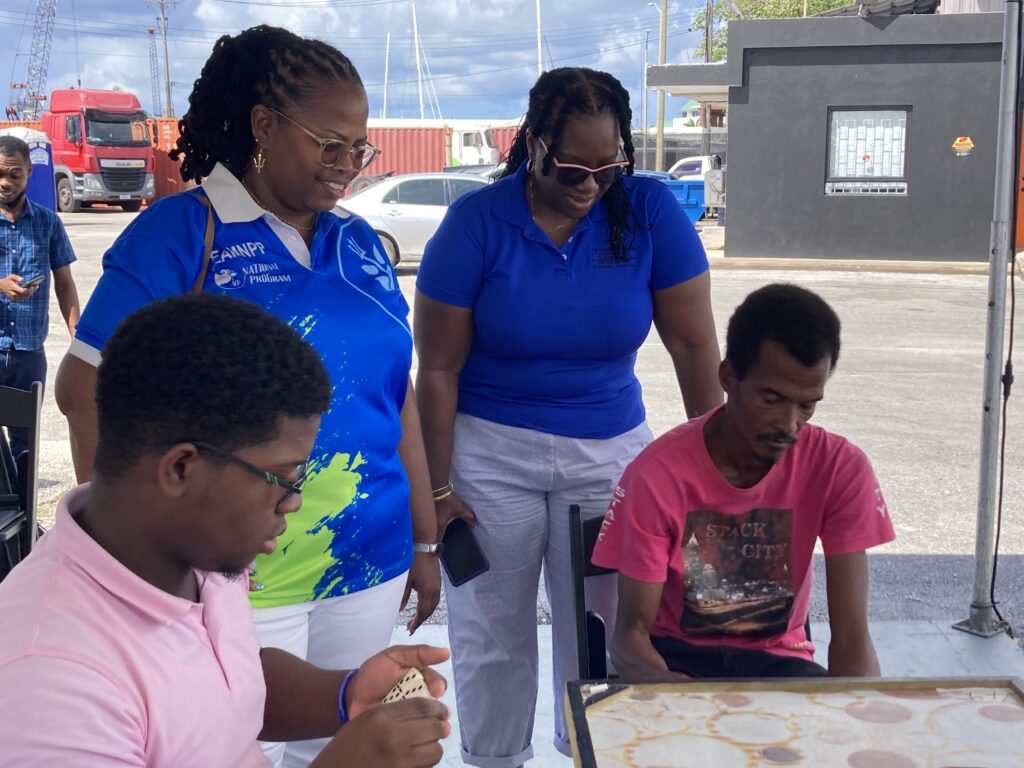No woman should die giving birth. Unfortunately, approximately 800 women die daily when giving birth, according to the United Nations Population Fund.
Death during childbirth is not a sexy topic to discuss. No information is readily shared about this important topic. Even though maternal mortality figures have decreased worldwide, there are still persistent challenges that cause complications for women both during pregnancy and during childbirth.
The World Health Organisation (WHO) states that the high number of maternal deaths in some areas of the world reflects inequalities in access to quality health services and highlights the gap between rich and poor. Humanitarian, conflict, and post-conflict settings hinder progress in reducing the burden of maternal mortality.
In 2020, according to the Fragile States Index, nine countries were “very high alert” or “high alert” (from highest to lowest: Yemen, Somalia, South Sudan, the Syrian Arab Republic, the Democratic Republic of the Congo, the Central African Republic, Chad, Sudan and Afghanistan). Women in low-income countries have a higher lifetime risk of maternal death.
The maternal mortality ratio is the number of women who die from pregnancy-related causes while pregnant or within 42 days of pregnancy termination per 100,000 live births. It is still significantly higher in Caribbean countries than in developed regions.
Alarmingly, 350 women die per 100 000 live births due to pregnancy-related causes in Haiti. The World Bank adds that the maternal mortality ratio in Haiti has improved from 400 in 2000 to 350 in 2020. Maternal mortality in Haiti is higher than its regional average.
In most Caribbean countries, the ratio is between 27 (Barbados) and 169 (Guyana) maternal deaths per 100 000 live births. Only some countries in the English and Dutch-speaking Caribbean have data on maternal mortality with five countries identified at or above the SDG’s target of 70. These are Grenada (21), Trinidad and Tobago (27), St. Vincent (62), The Bahamas (70), Jamaica (80), Saint Lucia (117), Suriname (120) and Guyana (169).
Interestingly, within the Spanish-speaking Caribbean, Cuba’s maternal mortality rate for 2020 was 39.00. Canada’s maternal mortality rate for 2020 was 11.00.
Among the countries with the highest maternal mortality rates are South Sudan at 1 223 deaths per 100 000 live births, Chad at 1 063 deaths per 100 000 live births and Nigeria at 1 043 deaths per 100 000 live births and these countries are all located in Africa. Noteworthy are the maternal mortality rates in the United States of America is 32.9 deaths per 100 000 live births. Norway has 2.00 deaths per 100 000 live births, Mexico at 59 deaths per 100 000 live births. Denmark at 5.0 deaths per 100 000 live births, and China at 15.7 deaths per 100 000 live births, North Korea at 107 deaths per 100 000 live births and Afghanistan at 638 deaths per 100 000 live births. It is very clear that giving birth continues to be a high risk for many women across the world.
Women die as a result of complications during and following pregnancy and childbirth. Most of these complications develop during pregnancy and most are preventable or treatable. Other complications may exist before pregnancy but are worsened during pregnancy, especially if not managed as part of the woman’s care. The major complications that account for nearly 75 per cent of all maternal deaths are severe bleeding (mostly bleeding after childbirth); infections (usually after childbirth); high blood pressure during pregnancy (pre-eclampsia and eclampsia); complications from delivery; and unsafe abortion
All women need access to high-quality care in pregnancy, and during and after childbirth. It is particularly important that all births are attended by skilled health professionals, as timely management and treatment can make the difference between life and death for the women as well as for the newborn.
In the words of Dr Tedros Adhanom Ghebreyesus, Director-General of the World Health Organisation, while pregnancy should be a time of immense hope and a positive experience for all women, it is tragically still a shockingly dangerous experience for millions around the world who lack access to high quality, respectful health care.
Wayne Campbell is a Jamaican educator and commentator on development policies as they affect culture and gender issues.
The post One woman’s death in childbirth is one too many appeared first on Barbados Today.


